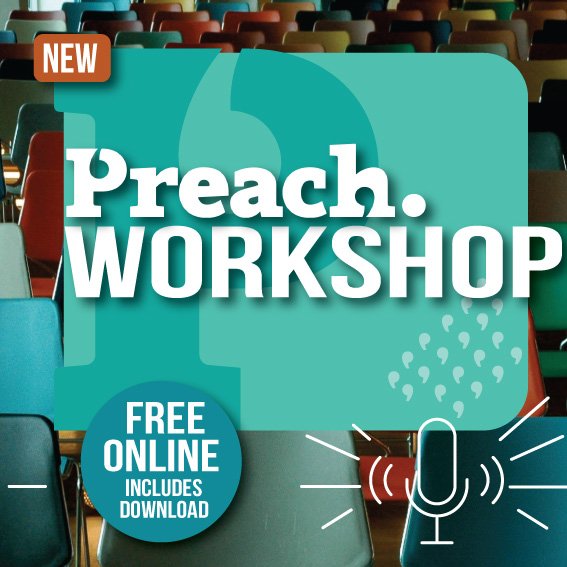Facebook data breach
/What’s the story?
Social media megalith Facebook allegedly ‘lost sight’ of its users’ data once it had been accessed by external ‘apps.’ As a result the company is under investigation in the UK, and under pressure around the world, for not taking its data protection responsibilities seriously enough.
What’s happening?
Almost everyone is on Facebook. The meteoric growth of the social networking platform is unprecedented, and has arguably changed the face of human communication. But now, with revelations emerging about the safety (or otherwise) of Facebook’s user data, it seems that this growth has come at a price.
Concerns and suspicions have long been held about what happens to a person’s data once they share it with Facebook, and with one of the millions of externally-developed applications or ‘apps’ which function inside the platform. Users might sign up to complete a quiz, or to enjoy the social networking element of a game, but they are unaware that by doing so they are sharing a huge amount of their data – and more importantly the data of their friends – with those external developers.
Now a ‘smoking gun’ has emerged to reveal the possible extent to which that data is harvested and used. It’s alleged that Cambridge Analytica, a data analytics firm based in the UK, developed a quiz app which took data from 270,000 users, but more importantly from another 50 million unconsenting users via friendship networks. They then allegedly used this data to influence political campaigns.
Following reports from the Observer newspaper, Channel 4 news sent an undercover reporter to meet with the Chief Executive of Cambridge Analytica, who was then caught on camera offering to arrange a political smear campaign, using influence which includes access to the Facebook data. This is particularly incendiary given that the company ran a political campaign on behalf of now-US President Donald Trump.
Facebook CEO Mark Zuckerberg – who has been summoned by British MPs to give evidence about the issue – has apologised for the data breach, amid claims that the firm treated customer data like ‘a Wild West Frontier’. In a statement, Zuckerberg said there had been ‘a breach of trust’, and vowed to take action against ‘rogue apps’. But with many users now threatening to delete Facebook from their personal electronic devices, and the company’s market value plunging by $50 billion in just two days, it seems that the social network’s billionaire founder may now be facing his biggest challenge yet.
What have others been saying?
Observer journalist Carole Cadwalladr originally broke the so-called ‘Cambridge Analytica files’, and here she interviews whistle-blower Christopher Wylie.
This BBC explainer outlines the story of the data breach, and Facebook’s response, so far.
Connections
#1 – STEALING
In a changing world, some of the timeless concepts in the Bible need a little bit of cultural reinterpretation. For example, the commandment not to steal (Exodus 20:15) was given into a culture where that would have commonly referred to the physical theft of food, possessions or livestock. Today, theft can be virtual, digital, and therefore much more easily morally licensed. The theft of user data is – while virtual – still exactly the same act of taking someone else’s possession without their consent. As Paul says in Romans 13:9, the commandments including that not to steal are summed up by Jesus’ simpler (and harder) teaching to ‘love your neighbour as yourself’. Stealing user data is a breach both of the Old and New Testament versions of the law, and we should treat it in the same way that we would view other theft.
#2 – WATCHFULNESS
The Facebook breach scandal is a reminder that we should keep our eyes open. As Peter writes in 1 Peter 5:8, ‘Be sober-minded; be watchful. Your adversary the devil prowls around like a roaring lion, seeking someone to devour’. In 1 Thessalonians 5:6, Paul too commands us to ‘keep awake and be sober’. These verses aren’t just talking about literal sobriety, but also ensuring that we are not naïve about the various people – and forces – at work in the world who are in some way malevolent. The Facebook revelations aren’t just a reminder to change our privacy settings, but to be awake to this wider reality.
Points for prayer
- Pray for justice to be done, and for Facebook to make real changes as a result of these revelations.
- Pray that light would be shed fully on this matter, and that anything that remains covered would be uncovered – particularly any issues relating to political bias and unlawful influence on democratic elections.
- Pray against scapegoating of individuals, and that those who are responsible would be made to take responsibility.
Author Bio
Martin Saunders
Martin Saunders is Youthscape’s Deputy Chief Executive. A former editor of Youthwork magazine and the founding Editor of sister-title Childrenswork, Martin is a popular speaker and the author of various books including ‘Youth Work From Scratch’. He lives in Reigate, Surrey with his wife Jo and their four children.







